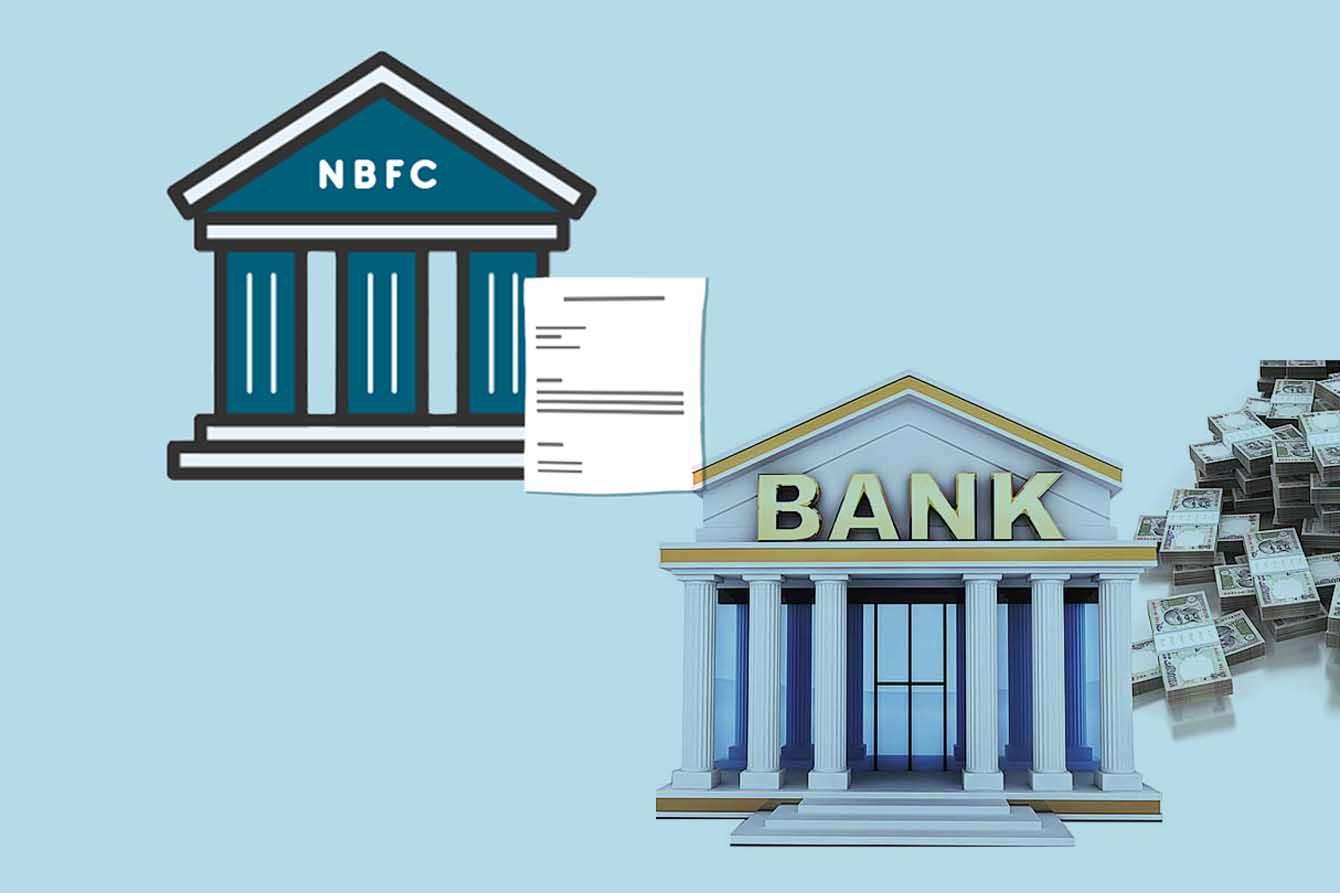RBI Cancels Certificate of Registration of 7 NBFCs and Surrender Permits of 14 NBFCs:
The Reserve Bank of India (RBI) has taken significant actions in the financial sector, canceling the certificate of registration of seven non-banking finance companies (NBFCs) and accepting the surrender permits of 14 NBFCs. These moves aim to regulate and maintain the stability of the non-banking financial institution (NBFI) sector. Here are the details of the RBI’s actions:
Buy Prime Test Series for all Banking, SSC, Insurance & other exams
Cancellation of Certificate of Registration of 7 NBFCs:
The RBI has canceled the certificate of registration of the following seven NBFCs:
- Coorg Tea Company
- Trimurthi Finvest
- East West Finvest India
- J.V. Modi Securities
- K K Patel Finance
- Purvi Finvest
- Genfin Capital Pvt Ltd
These companies are no longer permitted to carry out the business of a Non-Banking Financial Institution (NBFI). The cancellation orders were issued on various dates in April, with Coorg Tea Company’s cancellation order on April 20 and Genfin Capital Pvt Ltd’s cancellation on April 26.
Surrender Permits of 14 NBFCs:
In addition to the cancellations, the RBI has accepted the surrender permits of 14 NBFCs. The reasons for surrender vary among these companies:
Exit from Business:
- Lunia Trading & Investment Pvt. Ltd
- Swastik Goods and Suppliers Pvt. Ltd
- Icseva Finance Pvt. Ltd
- Gipsy Management Pvt Ltd
- Shiba Fabspin Pvt. Ltd.
- Esar Entrade Ltd
- Maba Corporate Services Pvt. Ltd
These seven companies have surrendered their licenses due to their decision to exit the NBFI business.
Unregistered Core Investment Company (CIC):
- L&T Infrastructure Development Projects Limited
- Josan Deposits and Advances Limited
These two NBFCs surrendered their licenses as they met the criteria prescribed for unregistered Core Investment Companies (CIC) that do not require registration.
Ceasing to be a Legal Entity:
- Melinex Investment and Finance Pvt. Ltd
- Casablanca Broking & Agency Pvt. Ltd
- Janpragati Syntex Pvt Ltd
- Nalimbur Mercantile Pvt Ltd
- Wondermax Mercantile Pvt Ltd
These five NBFCs surrendered their permits due to ceasing to be a legal entity, which could be a result of amalgamation, merger, dissolution, or voluntary strike-off.
Understanding Non-Banking Financial Companies (NBFCs):
NBFCs are companies registered under the Companies Act, 1956, engaged in various financial activities. These activities may include providing loans and advances, acquiring shares/stocks/bonds/debentures/securities, leasing, hire-purchase, insurance, and chit fund business. However, NBFCs do not include institutions primarily engaged in agriculture activity, industrial activity, purchase or sale of goods (other than securities), or providing services and sale/purchase/construction of immovable property.
About the Reserve Bank of India (RBI), Key Information:
The Reserve Bank of India (RBI) is the central bank of India, responsible for the formulation and implementation of monetary policy in the country. It was established on April 1, 1935, in accordance with the provisions of the Reserve Bank of India Act, 1934. The RBI plays a crucial role in maintaining financial stability, regulating the banking system, and ensuring the stability of the Indian rupee.
Here are some key pieces of information about the Reserve Bank of India:
- Headquarters: The RBI’s headquarters is located in Mumbai, Maharashtra, India. Initially, the Central Office of the RBI was established in Kolkata, but it was permanently shifted to Mumbai in 1937.
- Ownership: The RBI is fully owned by the Government of India. It was originally privately owned, but after nationalization in 1949, the central bank became a government-owned institution.
- Functions: The RBI performs a wide range of functions to fulfill its mandate of maintaining monetary stability and promoting financial stability. Some of its key functions include:a. Formulating and implementing monetary policy to control inflation, manage interest rates, and ensure price stability.b. Regulating and supervising the banking system to maintain its soundness and stability. This includes issuing licenses to banks, setting prudential norms, and conducting inspections.
c. Managing foreign exchange reserves and overseeing foreign exchange markets to maintain the stability of the Indian rupee.
d. Promoting the development and stability of financial markets, including money, government securities, and foreign exchange markets.
e. Act as a banker to the government by managing the government’s accounts, issuing and managing government securities, and providing banking services to the government.
f. Conducting research and analysis on various aspects of the economy, including economic indicators, financial markets, and banking sector trends.
- Governance: The RBI is governed by a central board of directors, headed by the Governor. The Governor is appointed by the Government of India and is responsible for the overall functioning of the central bank. The central board consists of various officials and representatives from the government and financial sectors.
- Current Governor: Governor of the Reserve Bank of India is Shaktikanta Das.
- Monetary Policy Committee (MPC): The RBI follows a committee-based approach in determining monetary policy. The Monetary Policy Committee, constituted by the RBI, is responsible for making decisions on key policy rates and other monetary policy measures. The committee comprises six members, with three members nominated by the central government and the remaining three from the RBI.
Also Read: RBI expects banks to completely stop using LIBOR by July
Find More News Related to Banking



 Indian Olympic Medal Winners List Till N...
Indian Olympic Medal Winners List Till N...
 Who is the Inventor of the Gramophone?
Who is the Inventor of the Gramophone?
 HS Dhaliwal Appointed New DGP Of Andaman...
HS Dhaliwal Appointed New DGP Of Andaman...
